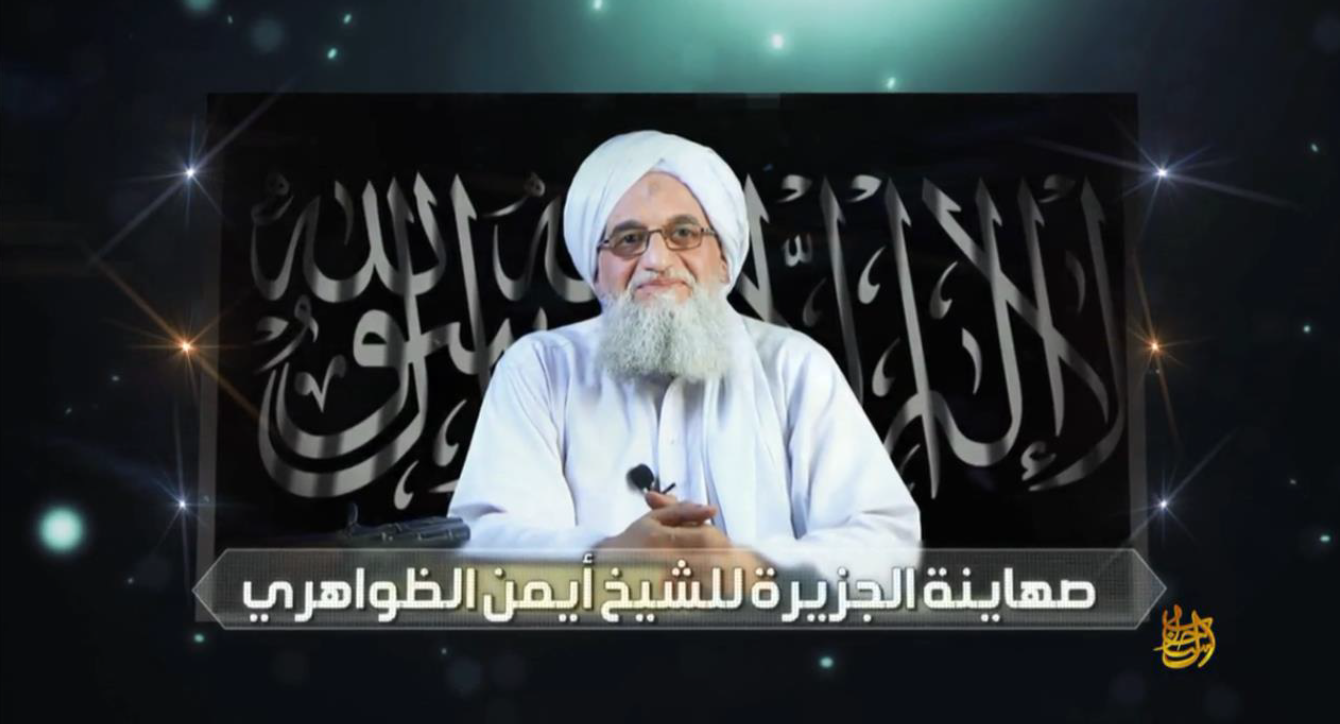Hamas and the Jihadis
The Palestinian terrorist group Hamas has long been a source of controversy in the world of Sunni jihadism. Especially since it participated in and won the elections of the Palestinian Legislative Council in 2006, going on to form a unity government with Fatah, the dominant faction of the Palestinian Liberation Organization, the following year, the group has generally been shunned by jihadis. Hamas’s roots in the Muslim Brotherhood, its embrace of the “polytheistic” religion of democracy, its perceived failure to rule by Islamic law in Gaza, its unholy alliance with Shiite Iran—all of this has made it unpalatable, if not anathema, to the adherents of Jihadi Salafism (al-salafiyya al-jihadiyya). The question that divides jihadis is exactly what level of condemnation is called for. Is the right approach to pronounce takfir (excommunication) on Hamas, or on certain elements of it? Is Hamas to be supported when it faces off against the





